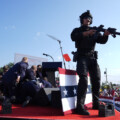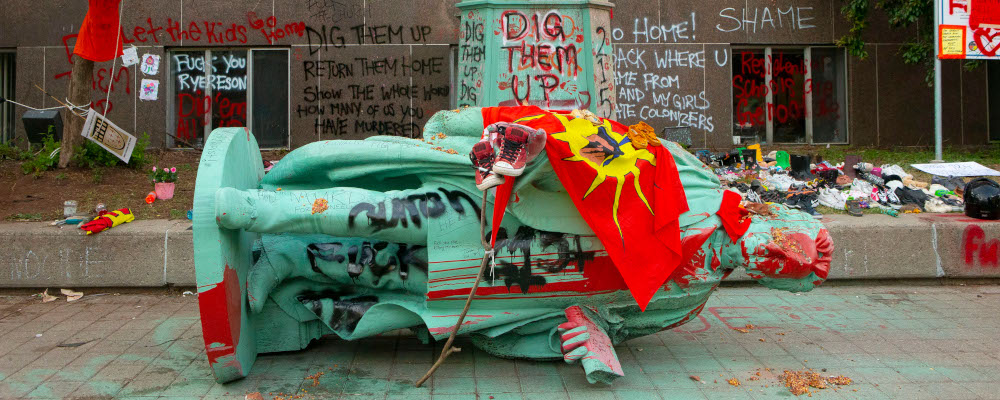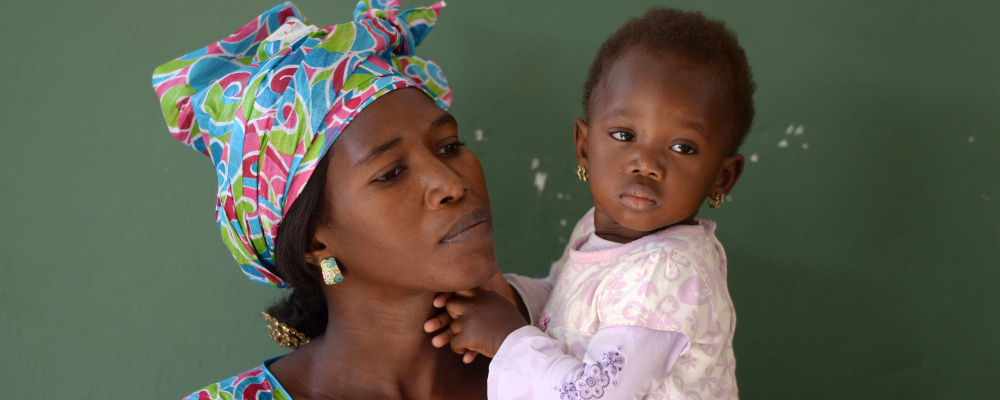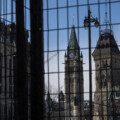Canadian universities aren’t known for being shy when it comes to commenting on politically charged events, both domestic and international. But their response to the recent crisis in Israel has been uncharacteristically reserved.
During the first 48 hours following the attacks, seven of Canada’s ten largest public universities released public statements addressing Hamas’ rape and murder of innocent Israeli citizens. Only four of the seven statements mentioned Israel or Palestine by name, and of those that did, only York University’s statement did not equivocate between the Israeli and Palestinian situation.
- University of Toronto: “#UofT is deeply concerned about the safety and wellbeing of our students and other members of the university community who are currently in the Middle East region, or who have friends and family there.”
- University of British Columbia: “We are deeply saddened and concerned by the recent violence in the Israeli-Palestinian conflict and the tragic loss of lives across the region. The escalation of this longstanding conflict and developing events is intensifying distress and concern among members of our university community.”
- York University: “York denounces the weekend attacks against civilians in Israel and is deeply troubled by the ongoing violence. We have reached out directly to our students most impacted to offer support.”
- Head of the University of Montreal: “I am distressed by the events of recent days in Israel and the Gaza Strip, and shocked by the brutal escalation of violence.”
- University of Ottawa: “Members of the #uOttawa community affected by the current hostilities between Israel and Hamas can access available support if they feel the need.”
- University of Waterloo: “#UWaterloo recognizes the detrimental impact of the violence taking place in the Middle East. We are monitoring the situation closely and we encourage our students, faculty, and staff, especially those with loved ones in the region, to reach out for support.”
- Western University: “The violence in the Middle East this weekend has had a deep impact abroad and here at Western. We have contacted our international with ties to the region and our broader community, sharing our heartfelt concern and the support we have available. We want you to feel safe and heard. Our thoughts are with those impacted in the region and around the world.”
Sensing they had misstepped, UofT, UBC, uOttawa, and Waterloo each released second statements throughout the week in which they more definitively condemned attacks on Israeli citizens. Laval University, McGill, and the University of Alberta did not release statements.
Now, universities are under no obligation to comment on any events that do not directly affect students and faculty. But it is revealing to contrast how they initially reacted to what’s going on in Israel to other events in the past three years.
I’ll use my alma mater Toronto Metropolitan University (formerly called Ryerson) as an example. After the death of George Floyd in 2020, TMU released a statement condemning anti-Black racism, which they later followed up with an “Anti-Black Racism Campus Climate Review Report. Four days later, motivated by since-debunked reports of Indigenous children’s graves in Kamloops, protestors toppled the statue of Egerton Ryerson on campus, and TMU’s leadership said the statue would not be restored or replaced. When Russia declared War on Ukraine, TMU’s president sent a message expressing how concerned he was about the violence taking place and its impact on Ukrainians. On the day of the recent parental rights march across Canada, TMU posted a detailed response in which they framed the rallies as being “anti-trans” and “anti-2SLGBTQ+” and unequivocally denounced hatred of the LGBT community.
TMU clearly has no issue opining on current events or taking sides on controversial issues. It’s revealing then that, at the time of writing, all that TMU has released when it comes to Israel is the following message, posted to their X feed:
“We are concerned about the escalation of violence and the tragic and complex situation unfolding in the Middle East. We know that many members of the TMU community are directly or indirectly connected to the region and are experiencing uncertainty, worry, and distress.”
The message fails to mention either Israel or Palestine by name, let alone express condemnation of the attacks against innocent Israeli citizens by Hamas.
We see very similar behaviour from other universities. While UofT, UBC, Waterloo, and others had no trouble taking sides when it came to condemning anti-Black racism, the war in Ukraine, or parental rights protestors, they were initially reserved when it came to condemning the barbaric actions of Hamas, a terrorist group under Canadian law whose charter explicitly calls for the annihilation of all Jews, and only made additional, clarifying remarks after realizing they had misread the moment.

So why do Canadian universities find the murdering of innocent Israelis less objectionable than innocent Ukrainians? Or for that matter, why do they find terrorism less condemnable than parents protesting the way many schools are teaching gender and sexuality to young students? Perhaps the answer lies in the fact that for years, universities have been teaching and promoting postcolonial theory, which views relationships between people, organizations, and countries through a simplistic oppressor/oppressed framework. It’s easy to view these theories as ivory tower pantomime, but this week’s events have made clear that their adherents take them very seriously, and believe that violence is acceptable if it’s an “oppressed” or “colonized” group rising up against an “oppressor” or “colonizer.” Pro-Palestinian protesters across Canada have employed this rhetoric, calling Israel and Canada colonialist states and justifying Hamas’ activity as part of decolonization.
Such an explanation, however, may overintellectualize what is simply a gross failure to educate the Canadian public on the atrocities committed against Jews historically and to dissuade them from antisemitism. In a 2019 survey, half of Canadians said they did not know that six million Jews had died during the Holocaust, and one in five young Canadians had never heard of the Holocaust. Canada is an increasingly diverse nation lacking a sense of identity or common values, and pro-Hamas protests demonstrate the limits of our pluralist approach to statecraft. Perhaps university administrators trying to size up the conflict, knowing little of Jewish history but much postcolonial theory, opted for a “both sides” approach. This is a charitable reading, but it is the one I would prefer to be true, rather than them actually believing that hundreds of Jews in Israel are less worthy of a public statement than the death of a single Black man in America.
Canadian universities should never have gotten into the business of commenting on current events and condemning and supporting various groups in the first place. It politicizes the education system, emboldens radical activists within universities, and it’s none of their business. But what we have seen in their messaging reflects a complete and utter rot at the moral and intellectual core of Canadian academia. The decolonization rhetoric of protestors, academics, and organizers is the direct result of a failed education system that has taught the public to fetishize oppression, elevate grievance, and celebrate the taking of innocent lives so long as they’re of the right kind. Viewing all conflicts through the lens of a Sociology 101 textbook has stupefied our public institutions and alienated us from true notions of justice, equality, and morality.
Recommended for You
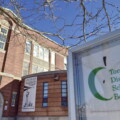
Gili Zemer and David Mandel: We are Canadian Jewish parents. The Toronto District School Board has failed to protect our kids

Geoff Russ: A future Conservative government must fight the culture war, not stand idly by
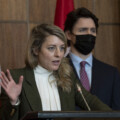
David Mulroney: Foreign Minister Joly, Xi Jinping’s China doesn’t do ‘dialogue’
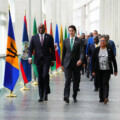
Amal Attar-Guzman: Canada’s global leadership is waning. Why not expand our influence closer to home?
